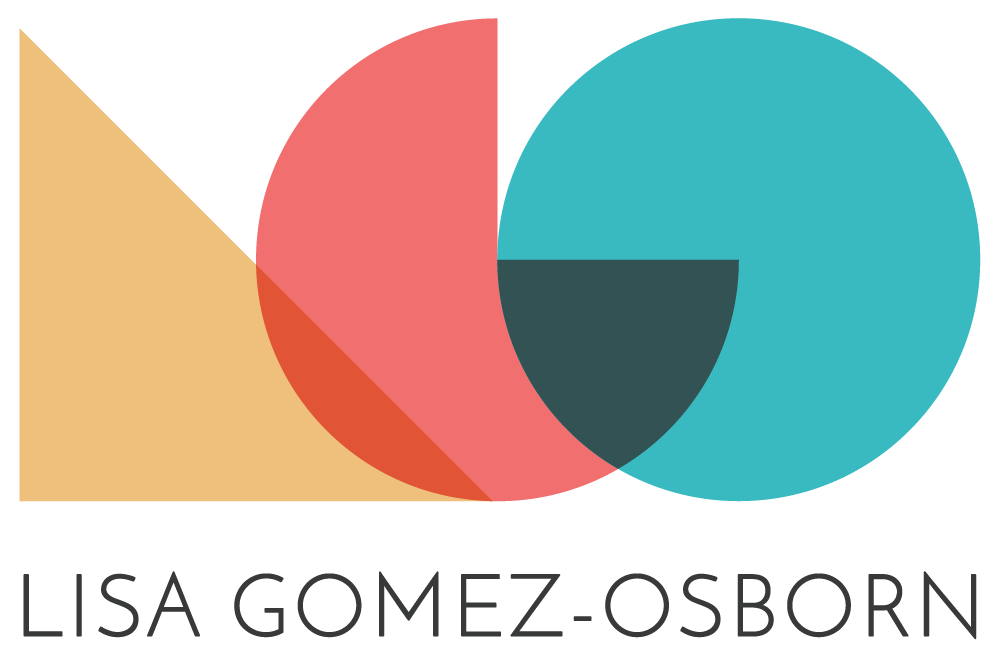Emotional Intelligence Is Different From Managing Others’ Opinions
During a session, a client expressed their concern that they weren’t using good EQ skills if they didn’t think about how the other person was perceiving what they were saying. As in, ‘am I going to look like a huge baby if I say this?’ It occurred to me that there’s such a good, but subtle, differentiator here. I would help this client gain some context about how to use their EQ skills and identify when their fear of what others will think of them is very different from EQ.
Paying attention to how someone is experiencing you is not to be confused with worrying about and trying to manage what others think about you. Rather, using good EQ skills in a conversation where you have something difficult to say, or where there’s a negative reality to discuss, are very different from worrying about what someone’s opinion or judgment of you will be once you share this hard thing. Using EQ skills might look like paying attention to another person’s body language and tone; are they leaning toward you or did they move away from you and cross their arms or legs when you shared the negative reality? It might mean noticing if they’re asking the right kinds of questions; are they curious and do they want to know more? Or are they trying to change the subject or dismiss what you’re saying? Did their tone change from warm to cool? Are you suddenly feeling tension and is it your own tension or are you feeling theirs? Are you feeling like a child and losing connection to your adult authority? Are you losing your temper and getting defensive; if so, what are you afraid of?
These are just a few examples of what to notice in yourself and in the other person. EQ is not about managing others' opinions of you; You can’t do that. You can be authentic, warm and clear when you talk about things that are hard, but you can’t control what someone else decides they think about it. You can however, learn to become highly attuned and aware of how you’re coming across to others by paying attention to their body language, tone and cues while also paying attention to how you’re feeling about it.
As my EQ skills grow I can learn to differentiate how much assertiveness is too much with one particular person while it might not be enough with another type of person. EQ helps me to communicate what’s true while maintaining connection to the other person, to myself and to what I need in this conversation or relationship. Learning to understand what I’m feeling and why are highly important to developing powerful EQ skills.
Therefore, when someone says emotions don’t matter…. they are so far off-base. Emotions are data and EQ helps us to analyze this data in a way that maximizes communication, builds relationships, solves problems all while building a pathway for personal, relational and professional success in whatever ways you define it.
So, work on your EQ. It will bring good things to you.

